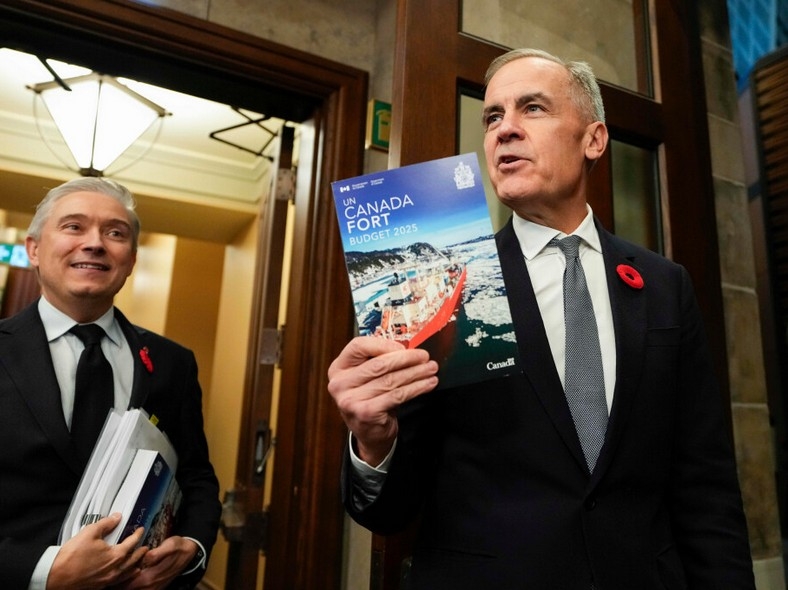A shadow of doubt now hangs over Chicago’s City Hall, revealed by records recently obtained by the Office of Inspector General (OIG). The story centers on a “gift room” showcased by Mayor Brandon Johnson’s office – a room that mysteriously appeared only *after* investigators were denied access to previously received gifts.
The OIG’s investigation began with accusations that the mayor had accepted valuable gifts without proper reporting. When investigators attempted an unannounced inspection of the existing gift storage, they were turned away. This initial denial directly contradicted Chicago’s municipal code, which explicitly mandates full access for the inspector general.
Following the OIG’s inquiry, the mayor’s office swiftly released a brief video tour of a newly constructed gift room on the mayor’s official YouTube page. Simultaneously, new gift acceptance rules were announced, and promises were made to open the room to public and press scrutiny. But the timing felt…off.
City records paint a stark picture: the gift room featured in the video wasn’t built until February – a direct response to the OIG’s blocked inspection. This raises a critical question: where were the city’s assets – including cufflinks, designer handbags, and men’s shoes – being kept before the watchdog’s arrival?
The obstruction didn’t stop there. A second unannounced inspection, this time in July, was also thwarted. A city attorney allegedly instructed a city employee to bar investigators from entering an office suspected of holding items in violation of city policy. Later, with the Department of Law present, the OIG confirmed the items were indeed there.
The OIG’s frustration is palpable. They argue that the obstruction prevented a complete and accurate assessment of the situation, hindering their ability to determine if policies were being broken. Their recommendations for compliance were reportedly dismissed by the mayor’s office, citing irrelevant provisions of the OIG’s rules.
Inspector General Deborah Witzburg delivered a scathing statement, highlighting a long-standing issue of mistrust in Chicago’s government. She accused the mayor’s office of prioritizing control over transparency, opening doors to oversight only when it was politically convenient.
Witzburg emphasized the vital role of unannounced inspections in uncovering truth, allowing for an unbiased view of practices and conditions. Without this element of surprise, she argues, the potential for manipulation and concealment is too great.
The OIG has issued an advisory, urging the mayor’s office to ensure full compliance with the law and to clearly communicate the OIG’s authority to access city premises. This case serves as a stark reminder of the delicate balance between power and accountability, and the importance of unwavering oversight in maintaining public trust.






